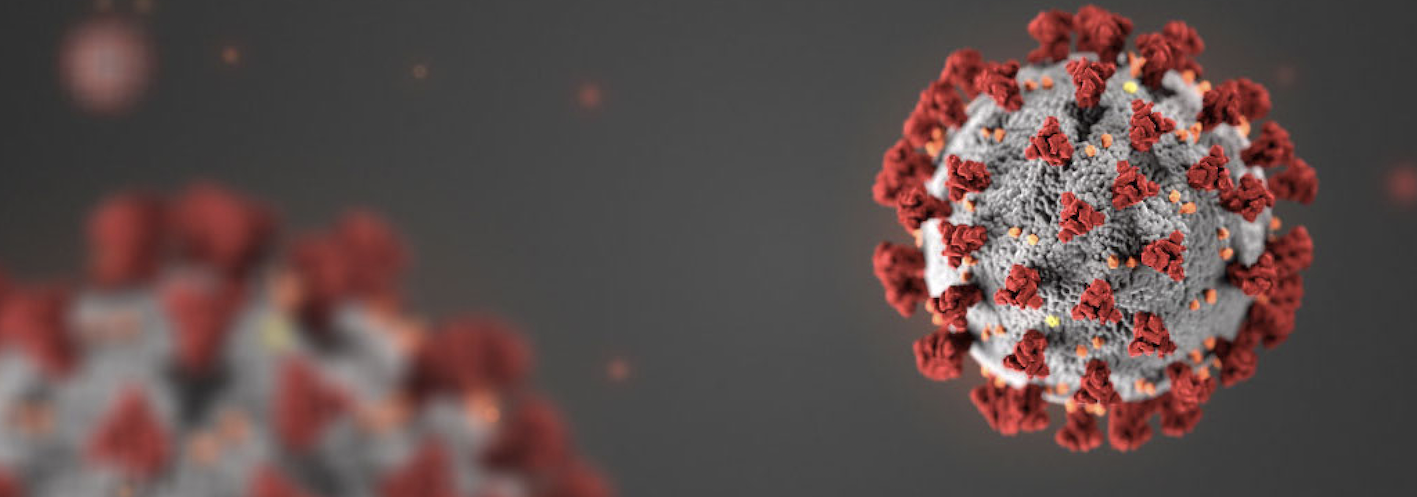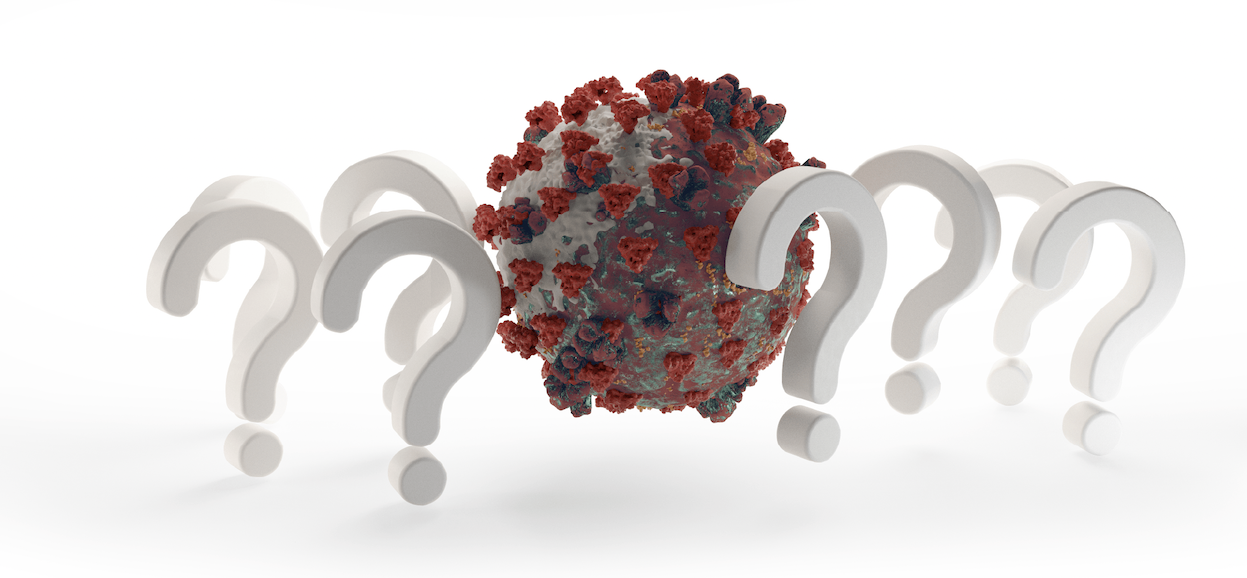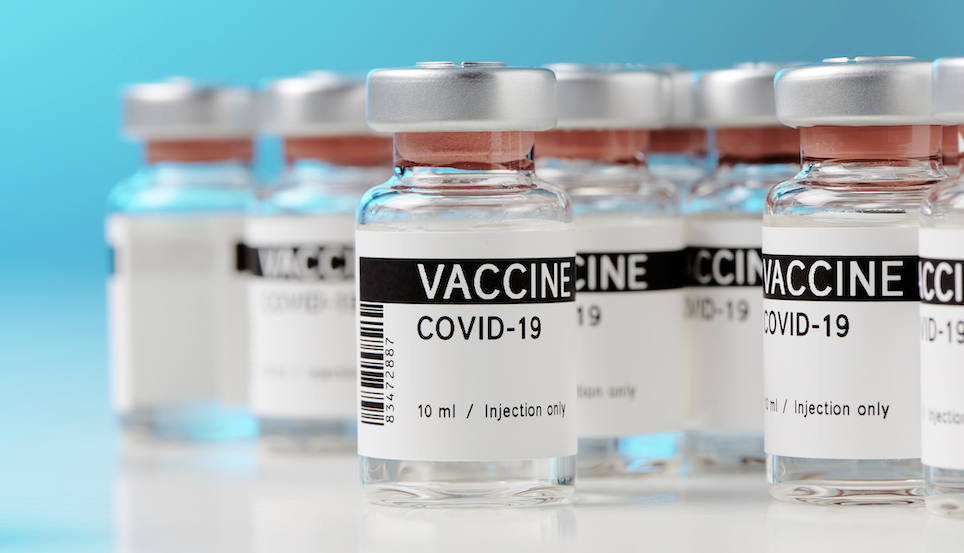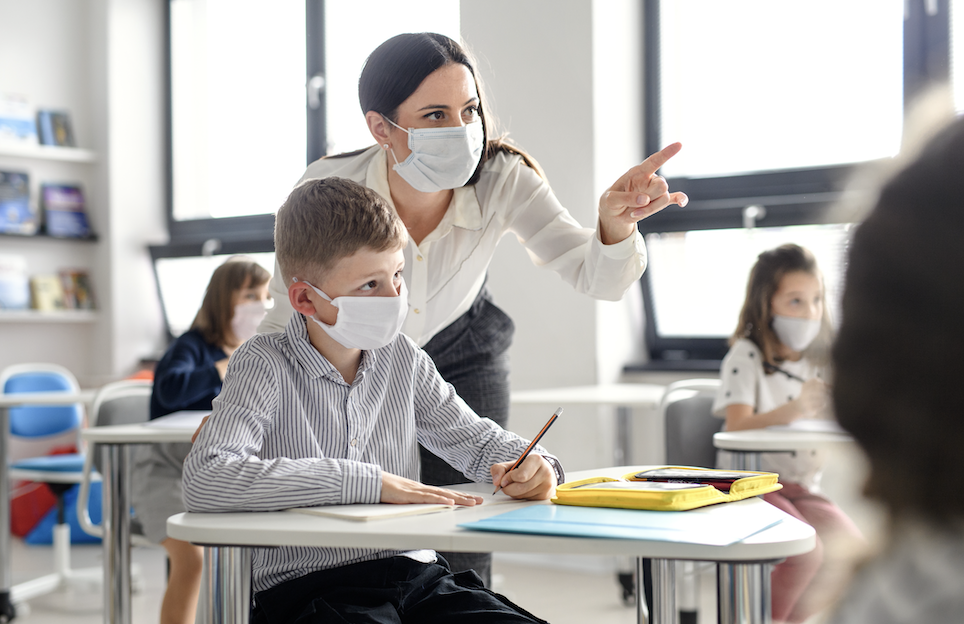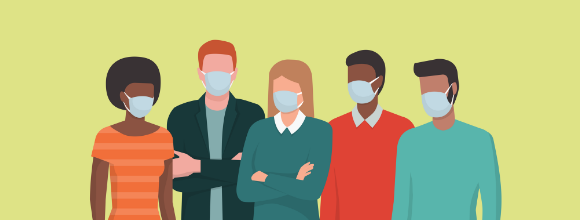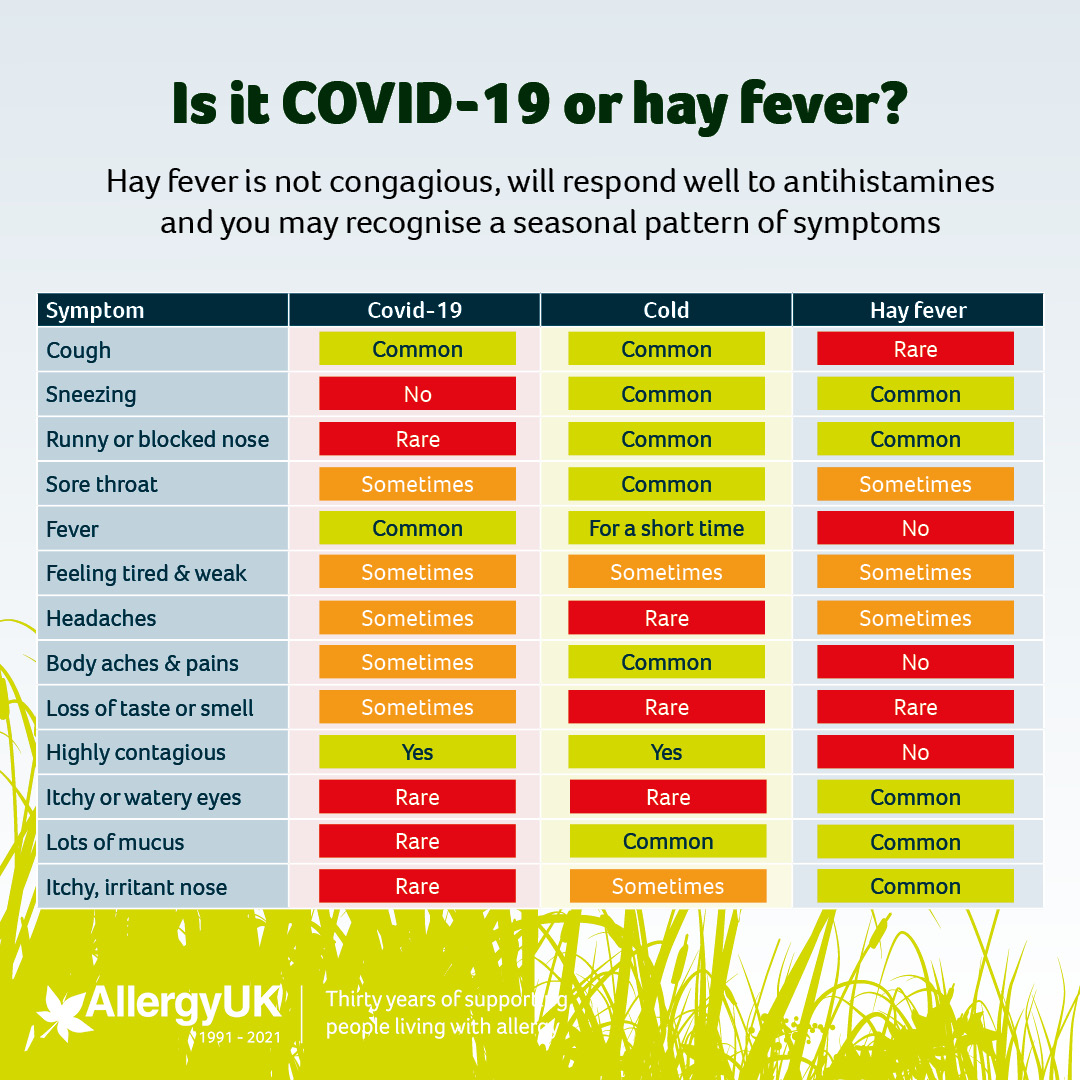Symptoms shared by both COVID-19 and hay fever
- Hay fever symptoms often include itching to the nose, eyes and throat with a runny nose, this often causes mucus to run from the back of the nose down into the back of the throat and can trigger an irritant cough, in some cases you may also feel tight chested and wheezy. This is particularly troublesome for people who get pollen-induced asthma. If you experience difficulty breathing, you must seek urgent medical advice.
- In COVID-19 a common symptom is a new persistent cough, which is prolonged and does not go away. It can cause shortness of breath and breathing difficulties which can be a medical emergency. Other common symptoms can include loss of taste and smell (anosmia), runny or blocked nose often with a sore throat, headaches, feeling unusually tired (fatigue) and diarrhea. A fever or high temperature (above 37.8 C) is not a symptom of hay fever and if you have a fever; feeling hot or have chills or shivers with cold like symptoms you should self-isolate and get a COVID-19 test.
Hay fever generally has a regular seasonal pattern of symptoms, e.g. itchy nose and eyes and runny nose in early spring or summer each year with no fever can be a good indication of hay fever, with symptoms usually responding to responding to antihistamine therapy. However for some individuals there may be no clear seasonal pattern and in this case it is a good idea to speak to your health care professional.
There is some anecdotal evidence to suggest that the wearing of masks during spring and summer of 2020 helped reduce hay fever symptoms for some people, possibly due to the mask acting as a barrier to inhaled pollen allergens.
It is also possible to have COVID-19 without having symptoms, it is sensible to wear a mask as hay fever symptoms like sneezing may spread the virus.
If in doubt about any of the above, or any other symptoms, always take recommended COVID-19 precautions and seek medical advice.
* Research was commissioned by Allergy UK in partnership with Kleenex and was carried out by Sapio Research in April 2021. The full survey with sufferers was conducted among 3202 Hay fever sufferers and 339 Parents with children who suffer from hay fever, from an initial 7,242 respondents.

 Helpline
Helpline